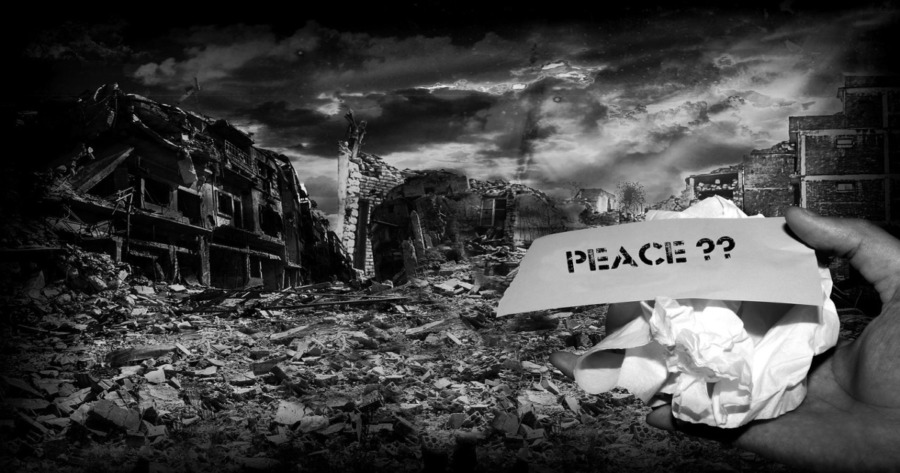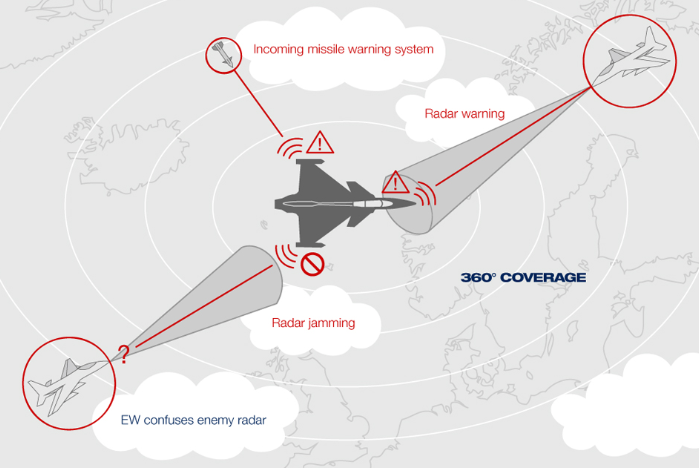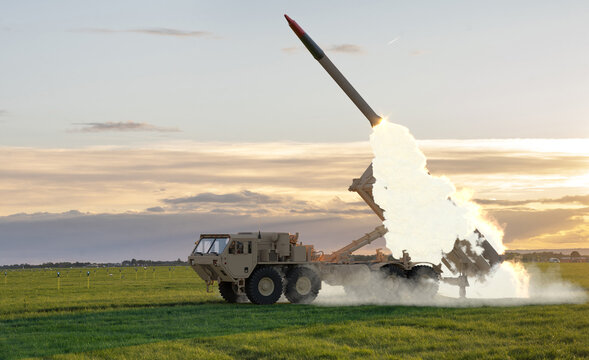War Profiteers: How Military Contractors and Politicians Win While Civilians Lose
- TDS News
- Trending
- World News
- October 7, 2023

In examining the complex dynamics of winners and losers in the context of wars, it becomes abundantly clear that military contractors and pro-war politicians often emerge as the primary beneficiaries. These entities thrive on the economic gains and political influence accompanying armed conflicts, perpetuating a cycle that seems all too willing to sacrifice the well-being of nations for the sake of profit and power.
However, it is essential to underscore that the true losers in this equation are the individuals and societies caught in the crossfire. The death toll that mounts during conflicts leaves an indelible scar on society, as lives are lost and futures extinguished. Land destruction and the collective psyche of affected populations endure long after the last shot, often rendering communities and regions haunted by the specter of war’s legacy. Fear becomes a pervasive reality, not just the fear of lost lives but of unrealized potential, as generations are deprived of the opportunities that peaceful, stable societies can offer. In essence, the losers in war must endure lives marred by struggle, all at the expense of those who are all too willing to perpetuate this devastating cycle for their own gain, emphasizing the urgent need to prioritize peace over profit. The traditional idea of victory on the battlefield has often been overshadowed by a more insidious form of triumph—financial gain and political influence.
The military-industrial complex is one of the undeniable winners in any war, be it a conventional conflict or a more covert operation. This term refers to the close relationship between the armed forces and the defense industry, where both entities benefit from each other’s interests. The defense industry thrives during times of war as governments allocate vast sums of money to procure weaponry, equipment, and technology.
Military contractors, such as Lockheed Martin, Raytheon, Boeing, and Northrop Grumman, often see substantial increases in their profits during wartime. This boost in revenue can be attributed to the demand for arms and military equipment, which is essential for sustaining and winning conflicts. Thus, it can be argued that military contractors emerge as significant winners in any war, as their bottom lines are bolstered by the conflicts that inflict suffering on nations.
The connection between politicians and military contractors is a contentious issue that often raises questions about ethics and accountability. Politicians who receive campaign donations from defense contractors can be perceived as beneficiaries of war, as they are financially supported by the very industry that profits from armed conflict. This symbiotic relationship can lead to decisions prioritizing war and military interventions over peaceful solutions.
Campaign donations from defense contractors can influence policy decisions, military budgets, and international engagements. In this way, politicians who accept such contributions may be more inclined to support military actions that benefit the defense industry, even if peaceful alternatives exist. This dynamic has raised concerns about the integrity of decision-making processes and the motivations behind military interventions.
While military contractors and politicians may stand to gain from war, it is crucial to acknowledge the devastating human and societal costs associated with armed conflicts. Civilians and infrastructure often bear the brunt of the violence, leading to widespread suffering, displacement, and economic hardship. Wars erode the moral fabric of societies and leave lasting scars on the collective conscience of humanity.
In the face of ongoing conflicts worldwide, it is essential to scrutinize who the real winners are in war. As a global community, we must strive for peaceful resolutions to conflicts, prioritize diplomacy over aggression, and hold our leaders accountable for their decisions. Only by doing so can we hope to build a future where humanity prevails over the profits of war.








